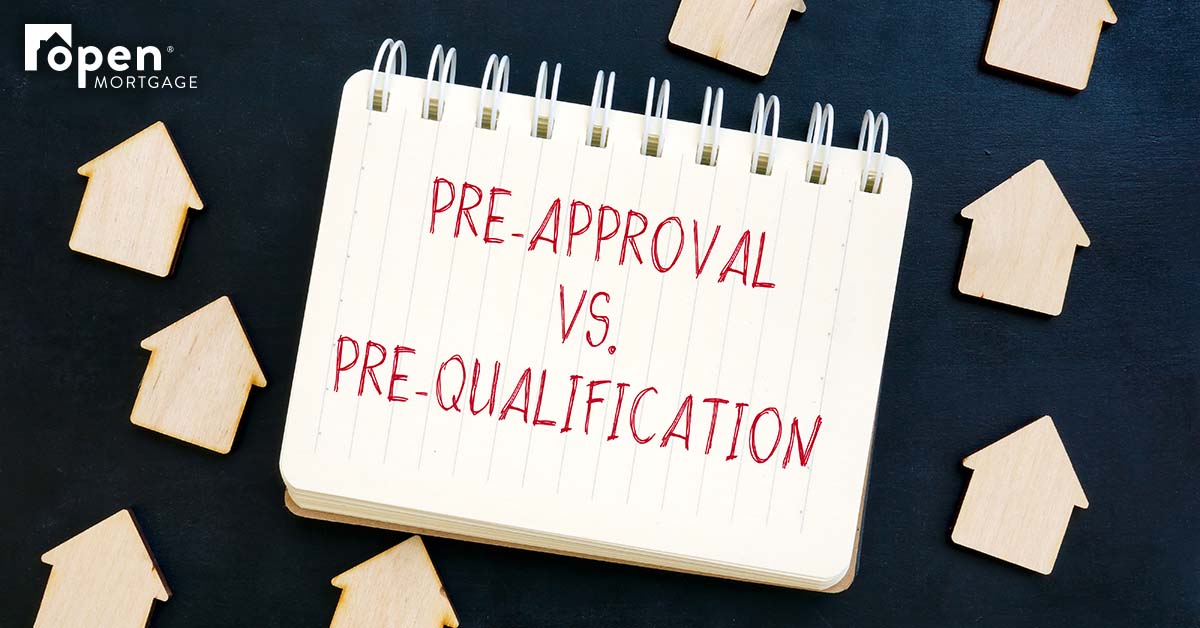
Pre-Qualification vs. Pre-Approval
It seems like a straightforward question: What’s the difference between Pre-Qualification and Pre-Approval? A little online research may even convince you that it has a simple answer. However, digging a little deeper reveals that the difference between these early steps in a mortgage search may not be as clear-cut as homebuyers would hope.
Fortunately, we can shed a little light on this common question and give you the details necessary to have confidence in your path to a mortgage, regardless of the term your chosen lender uses.
Substance over Style
If a lender offers the option of both pre-qualification and pre-approval, you can expect that pre-approval will be a more rigorous process that may strengthen your offer and move you closer to closing on a loan. However, many lenders only have a single option for prospective borrowers, so the term used may not offer much clarity. Rather than focus on the name, mortgage shoppers are better served by paying attention to the information they provide.
If you’re only providing minimal information about your income and debt obligations without any documentation or authorizing a credit check, the loan options you’re offered may not be as definitive as you would like. While this type of pre-qualification could reveal if you’re on the right track, or need to consider a credit improvement plan, it is also subject to change if your verified information differs dramatically.
On the other hand, once a lender asks for documentation of your income and assets and requests permission to check your entire credit history, they will be able to provide a much more accurate description of the loan amounts and interest rates you qualify for. The more detailed information you provide, the more confident you can be in the reliability of your eligibility.
Value Experience
With peak real estate season just around the corner and the trend of seller’s markets expected to continue in many areas, buyers are looking for every advantage. For most house hunters, the combination of an experienced lender and dedicated real estate agent will be more valuable than whether their lender uses the term pre-approved or pre-qualified.
Competitive markets will require fast action and flexibility. So before you start visiting prospective homes, discuss with your lender their turnaround time for letters that document your loan status to accompany offers. Also, make sure you understand how quickly the loan can be closed so your Realtor can develop the best possible offer for the circumstances.
Prepare your Documents
Most lenders, even those using the term pre-qualification, will ask for some documentation before discussing your loan options. This may include bank statements, tax returns, or employment verification. Once you’ve provided the requested information, don’t assume you’re finished.
Find out from your lender all of the items that will be needed before underwriting and start gathering them immediately. Even if it’s not a part of their preliminary process, you will likely be able to submit the information and avoid any delays in the future.
Browse our website to see all of the loan options we offer and learn how we can help you determine the right mortgage for you. Or call to speak with one of our experienced originators today.
 Search
Search




